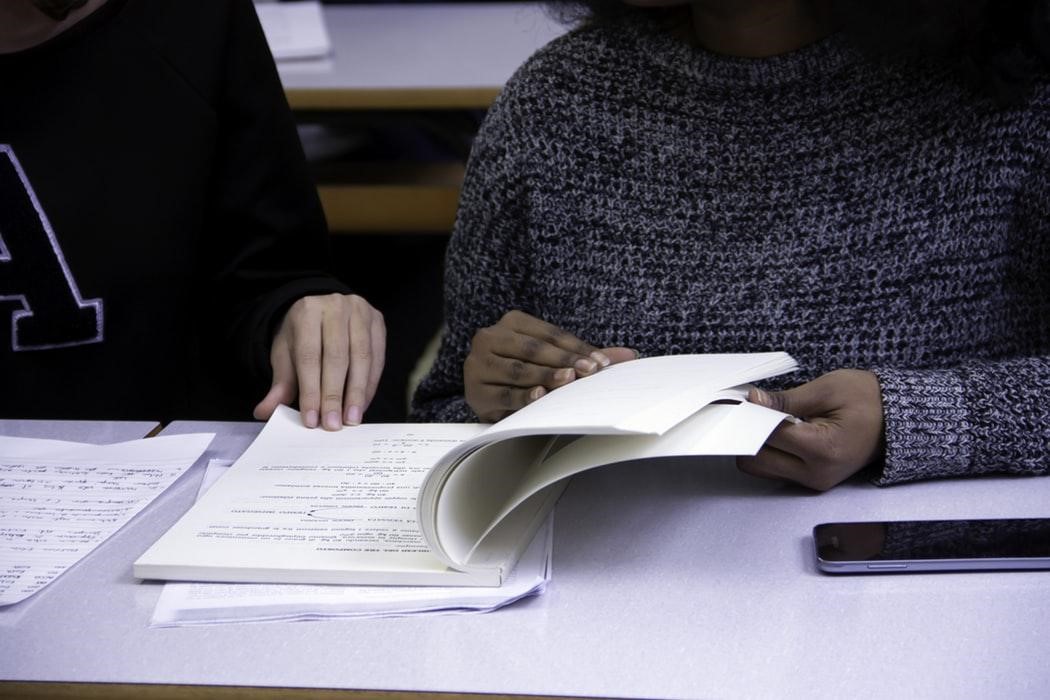Examination at the university is a real nightmare, especially if you don’t prepare for it at all. What should you do if you haven’t even opened your textbook, and soon you have to answer all the questions?

Here are some practical tips to help you pass any exam.
Divide Your Energy
How many days are left before the exam, and how many questions you need to cover? The load balance is really important.
Work on the same amount of tasks each day. If there are topics on the list that you know perfectly well, you can cross them off and focus on the weaker points.
Also, everything needs to be planned. If you understand that there is not enough time for everything, never hesitate to ask for help. Be it a friend’s assistance, delegating an essay or research paper to professional academic writing service like this one https://essaypro.com/write-my-essay.html or turning to your family.
Another tip to mention at the very beginning – better get up early. Dedicate seven-eight hours to sleep, and about three hours to rest during the day.
This will leave you with about thirteen hours to prepare – enough time for intensive work. Specialists advise to use a stopwatch and limit the time spent on each topic.
Also Read: Is It Secure to Pay Professional Essay Writers Online?
Prepare the Workplace
Nothing should distract you from work. You should only have a desktop, computer, stable Internet connection, lecture notes, or other necessary materials. Many people recommend having a spare sheet of paper to jot something down if needed, as this is one of the best ways to memorize material.
And at the end of the day, you can repeat everything you have learned in a day. It is best to divide the topics into groups – five to ten. Later, arrange an hour’s rest, and every 40-45 minutes distract for 10-15 minutes. Do some gymnastics, lie down, or take a shower.
Repetition Is Key
There are algorithms that help you remember the material for a long time. If you need to learn the text, after reading it, you need to repeat it a few times.
Then repeat it again in twenty minutes. The third time you need to repeat the material on the same day should be six hours later. The fourth time better be the next morning.
Eat Healthy Food
During exam preparation, it is good to include some products that stimulate the brain and improve memory to one’s diet. Omega-3 fatty acids are particularly important during this period.
There is plenty of it in fish, shrimp, linseed, and nuts. You also need protein: curd, eggs, meat, cheese. Doctors recommend taking antioxidants. It is enough to eat a handful of black or red currants, raspberries, strawberries, blueberries, or cranberries per day.
Deal With Anxiety
You don’t have to spend all day studying on the eve of the exam. It is better to go for a walk with friends, which will help to distract and relax a little.
Before bedtime, you can also go out for some fresh air and a little walk. This will help you fall asleep faster. You can drink soothing herbal tea. And try to go to bed early so that you can get some sleep and have energy in the morning.
It is very important – during the preparation, you need to observe the regime of rest, sleep, and work. On the night before the exam, you should rest, not cram.
Also, it will be better not to experiment with all sorts of energy and dietary supplements to stimulate memory and brain function.
Say Goodbye to Social Networks
Social networks and other distractions such as games and videos on YouTube are serious enemies of efficiency. Our brain is no longer able to perceive information and is looking for any way to relax. So “5 minutes on “Facebook” can turn into hours of unconscious surfing.

The best way to ensure efficient preparation for exams is simple. No matter how hard it may seem, one has to give up all the time eaters. Do so least for the time directly allocated to the preparation.
Also Read: Modern Technologies In Education: What’s In Trend?
Final Words
University examinations, especially the first ones, are often perceived as the most important thing in a student’s life. Of course, they should be taken seriously.
But it is important to understand that their results do not determine your real level of knowledge in general and your chances of success in the future.
You should not forget that the main thing in your studies is not the grades received. It is all about the knowledge and skills that you acquire in the process.
These two points plus experience will definitely help you become a professional in a chosen field. And the exams, after all, can be retaken.